This book seems interesting. I really did not go through all of it but it seems interesting enough.
But this title caught my eye. http://books.google.com/books?id=iOU...ans&lr=&pgis=1
We, the Thracians: and our multimillenary history
By Iosif Constantin Drăgan
Published by Nagard, 1976
Does anyone have this book?


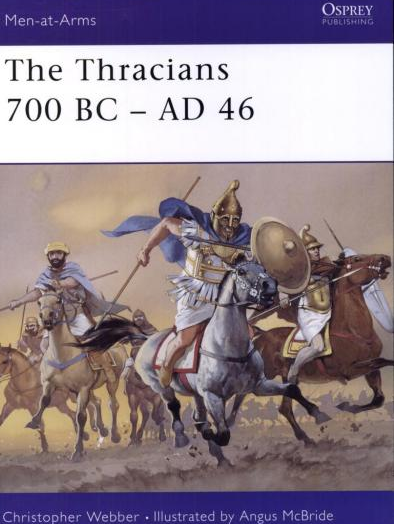
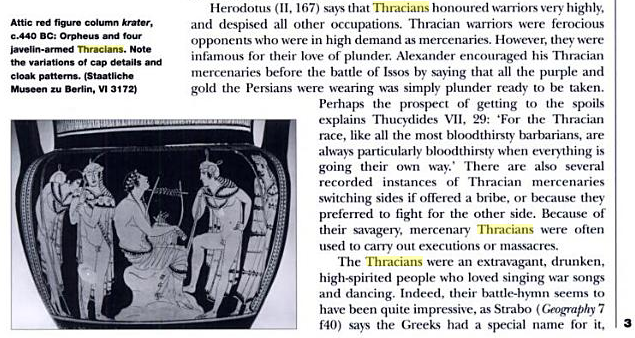
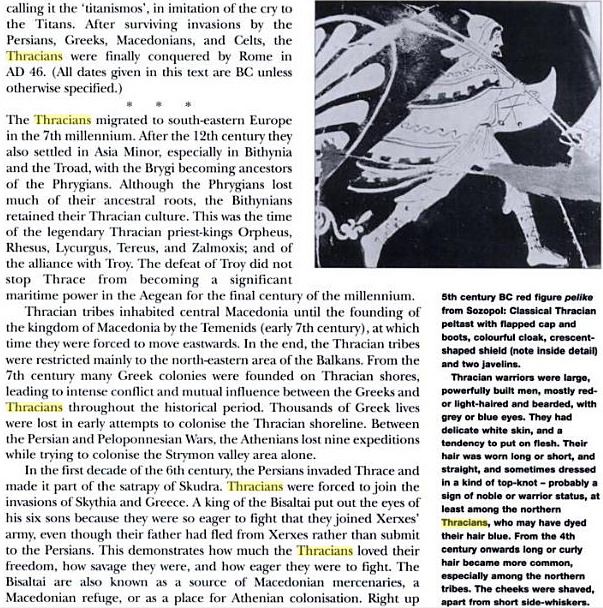
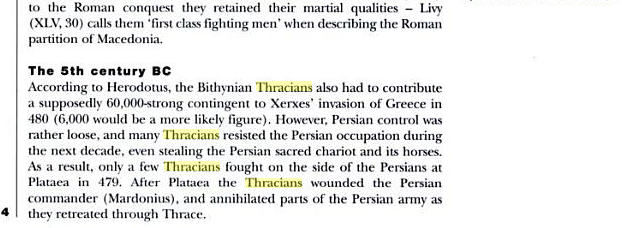
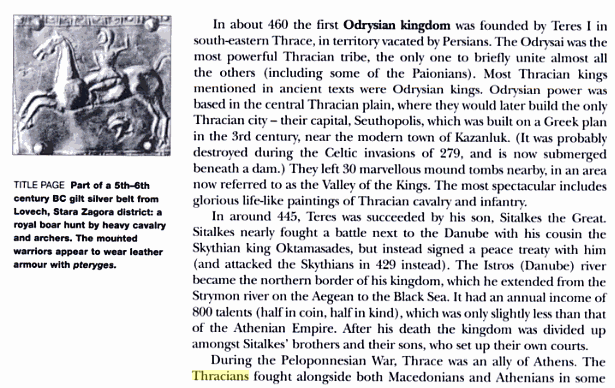
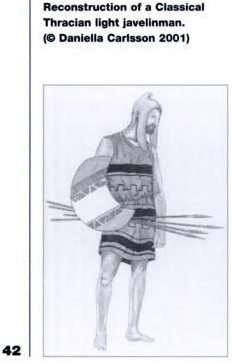

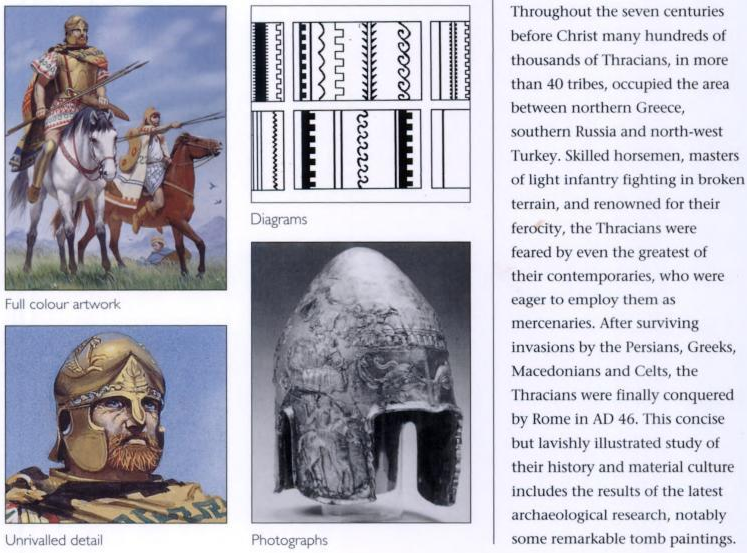


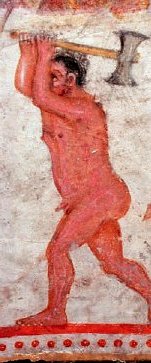


Comment